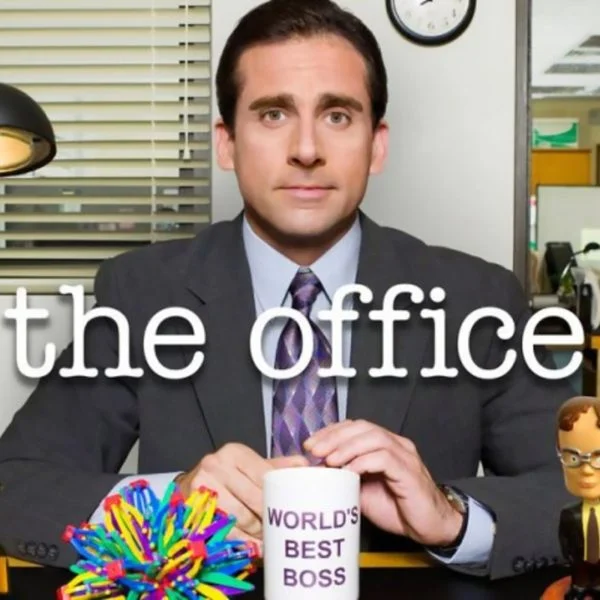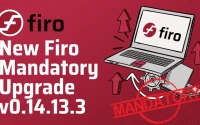The air is buzzing, isn't it? We’re living through a fascinating, slightly chaotic moment in the grand experiment that is the future of work. Right now, it feels like the corporate world is asking us to pick a side: are we building magnificent "castles in the cloud," or are we digging in, laying "foundations on the ground" with a return to the old ways? It’s a question that’s far more profound than just commute times or coffee breaks. It’s about the very essence of human collaboration and innovation in an increasingly digital age, and what we’re willing to sacrifice for either vision.
The Great Office Rebound: A Corporate Reckoning?
Look at Paramount, for instance. Just a few months ago, their CEO, David Ellison, dropped a bombshell: five days a week in the office or take a buyout. And guess what? Approximately 600 employees, from VPs down, chose the severance. That’s a staggering number, isn't it? Six hundred people making a profound choice about their work-life balance, about what they value. Paramount shelled out $185 million in severance packages, a figure that just screams "restructuring costs" in the driest corporate speak, but I see it as a very real, very human price tag on a shifting paradigm. This RTO directive, kicking off in January for Paramount, is framed as a way to "unlock potential" and create a "connected, agile organization." But when I hear about the company also planning to lay off 1,600 more people and divest from international businesses, after years of instability and mismanagement, it makes me wonder: is this truly about connection, or is it a desperate attempt to regain control in a post-merger landscape? It’s almost like they’re trying to put the genie of remote work back in the bottle, not realizing the genie has already learned to code and is quite comfortable in its digital realm.
This isn't just a Paramount story, though. This is a larger seismic shift we're witnessing. NBCUniversal is setting a four-day-a-week RTO for 2026, also with severance packages on the table. Then you have Mustafa Suleyman, the visionary CEO of Microsoft AI, who demands his team work in-office at least four days a week, going beyond Microsoft's general three-day mandate. He champions open office "neighborhoods" for "defragmenting" culture and fostering intensity. He believes in the sheer power of human density, noting Silicon Valley’s "huge talent density" as a key to its innovation. And when I first read about his philosophy, I honestly just sat back in my chair, speechless. It's a stark contrast, isn't it? On one hand, you have companies using RTO as a "back-door layoff" strategy – and yes, 25% of C-suite executives admit to this, hoping for voluntary turnover to reduce headcount without the PR hit of mass firings. On the other, you have leaders like Suleyman who genuinely believe in the tangible, almost alchemical synergy that happens when brilliant minds are physically proximate.

The Human Equation: Beyond the Cubicle Walls
This brings us to the core of the matter, doesn't it? What is it we're really trying to achieve with these mandates? Are we chasing an outdated ghost of "office culture," or are we genuinely trying to foster something irreplaceable? The data tells us employees overwhelmingly prefer flexibility. They’ve tasted the freedom, the autonomy, the ability to integrate work and life in a way that the old 9-to-5 never allowed. And while open floor plans are incredibly polarizing – and let's be honest, sometimes they feel less like collaboration hubs and more like noise factories – there's an undeniable human craving for connection. It’s not about where we work, but how we connect, how we build trust, how we spark those serendipitous "aha!" moments that can’t always be scheduled into a Zoom call.
We're in a "low-hire, more-fire" labor market, a transition where companies are leaning into AI for productivity, pushing for efficiencies. This isn't just about cutting costs; it's about redefining value. What does a human bring to the table that AI can't? It’s creativity, empathy, strategic foresight, and that indefinable spark of collaboration. The RTO push, clumsy as it often is, forces us to confront this. It’s like a grand, messy, real-time A/B test on human potential. Are we more productive, more innovative, more human when we’re together, or when we’re empowered by flexibility? The answer, I believe, isn't an either/or. It’s a synthesis, a new equilibrium that will emerge from this tension. We're not just building castles in the cloud or foundations on the ground; we're learning to build bridges between them, crafting hybrid models that leverage the best of both worlds. The ethical responsibility here is immense, of course, to ensure these transitions are humane, that we don't lose sight of the individual in the pursuit of corporate efficiency. What if, instead of simply mandating a return, we focused on why we want people together and designed spaces and interactions that truly foster that connection, making the office a magnet rather than a mandate?
The Future Isn't a Place, It's a Purpose
The great office rebound isn't about physical locations; it's about a re-evaluation of purpose. It’s a global conversation, unfolding right before our eyes, about what truly fuels innovation, what sustains culture, and what makes work meaningful. It's a messy, often frustrating process, but one that will ultimately forge stronger, more intentional ways of working. We're on the cusp of truly understanding how human ingenuity can thrive, whether we're collaborating across continents or sharing a whiteboard in the same room. The future of work isn't a fixed address; it's a dynamic, evolving ecosystem, and we're all part of building it.










